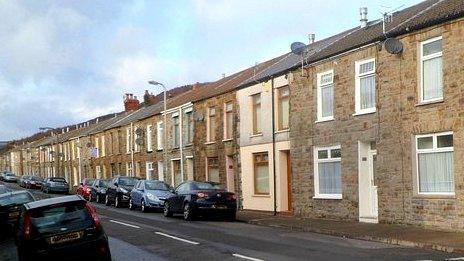European aid 'lessons learned', Wales Audit Office says
- Published
BBC Wales economics correspondent Sarah Dickins looks at how European funding for Wales has been spent
European aid is now being well managed after lessons learned from earlier projects, auditors have said.
The Wales Audit Office said schemes getting EU cash are being well run, though there is too much red-tape, and targets being set are too easy.
Nearly £2bn aid in 2007-13 mostly went to west Wales and the valleys, which will qualify for more cash in 2014-20.
The Welsh government said the report recognised the "significant benefits" achieved, including thousands of jobs.
Fifteen of the 22 local authority areas in Wales qualify for European Union (EU) Objective 1 structural funds to boost their fortunes, stretching in an arc from the south Wales valleys to west and north Wales as far east as Denbighshire.
The first round in 2000-2006 attracted around £1.5bn aid to Wales, but was widely criticised for lacking focus and trying to set up too many projects.
Weak assessment and monitoring had been a factor in earlier schemes which failed - such as the Penmon fish farm on Anglesey and the Canolfan Cywain rural heritage centre at Bala, Gwynedd.
But the report stressed, external that procedures for 2007-13 were much improved.
The Calzaghe Bridge in Newbridge, external, Caerphilly county, and the regeneration of Cwmcarn Forest near Newport are among the most recent projects to be backed, along with specialist funding for universities and projects to help the unemployed back to work.
Areas like Bridgend have been given big money from Europe to help them catch up economically
Huw Vaughan Thomas, the auditor general for Wales, said: "This latest EU Structural Funding round has clearly benefitted from the lessons from past programmes and is much improved as a result.
"However, it is still too early to assess the full impact and there are still areas where improvements can and should be made."
Ben Robertson, the report's author, added: "It's not quite a machine where you turn a handle and something comes out the other end.
"There are so many factors that influence economic performance, and structural funds are only one of them."
The Wales European Funding Office (Wefo), which manages EU spending in Wales, now had better systems for monitoring whether individual projects were successful, Mr Robertson said.
But the report urged Wefo to publish guidance on its procedures to minimise uncertainty, set realistic targets for schemes, and to get better information on projects from those involved.
Conservative AM Darren Millar who chairs the assembly's public accounts committee, said: "Wefo needs to maintain a strong grip on governance while seeking to streamline procedures for stakeholders as much as possible."
The Welsh government said European aid-funded programmes had helped create nearly 25,000 jobs and more than 8,200 new businesses.
A spokeswoman said: "Wales is in a better position now as a result of the £2bn EU funds that have been committed to projects and programmes since 2007 and it is welcome that the report recognises the significant benefits that have been achieved."
- Published24 April 2014
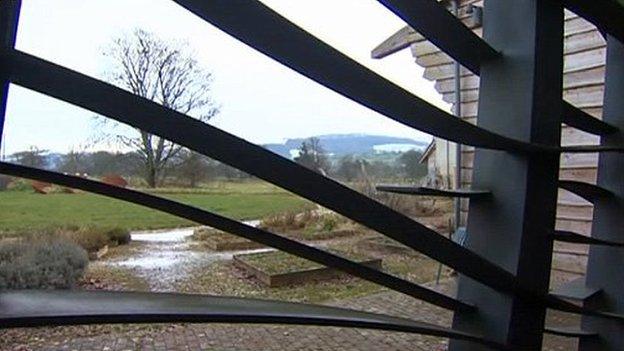
- Published17 April 2014

- Published4 April 2014
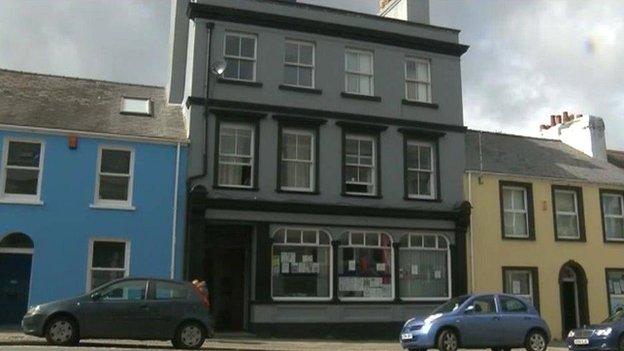
- Published5 February 2014
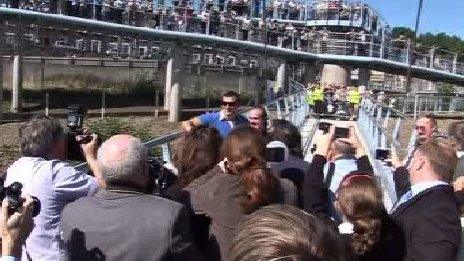
- Published18 December 2013
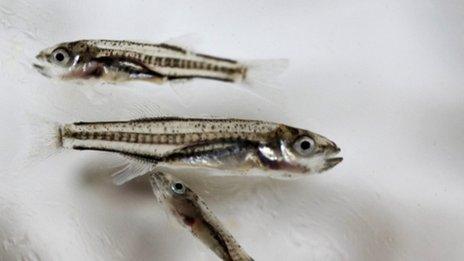
- Published22 April 2012
- Published14 March 2012
